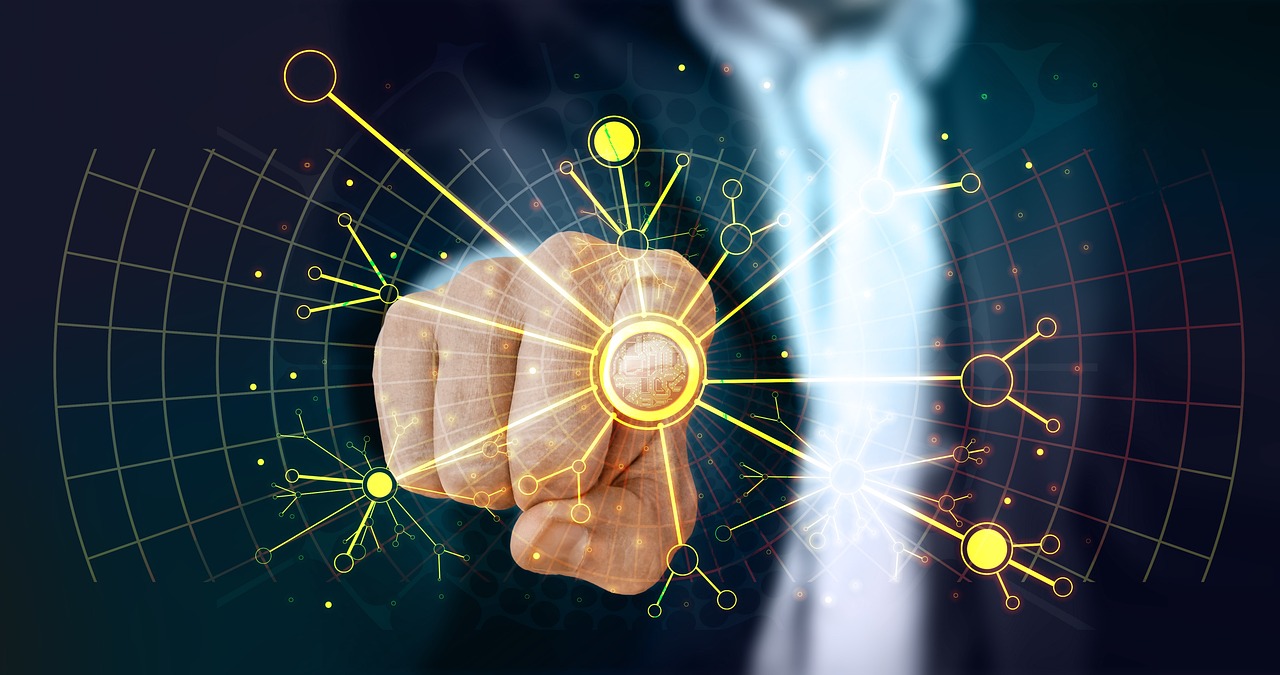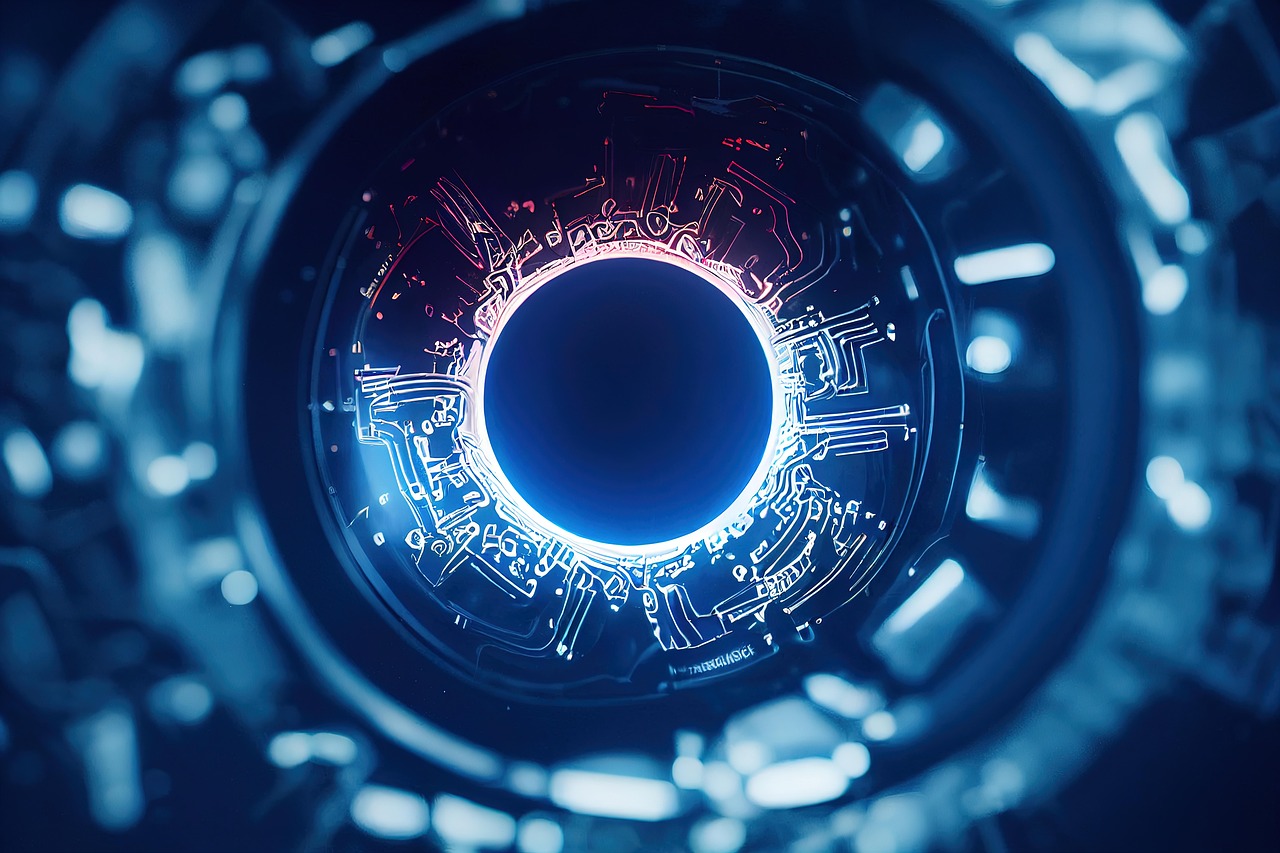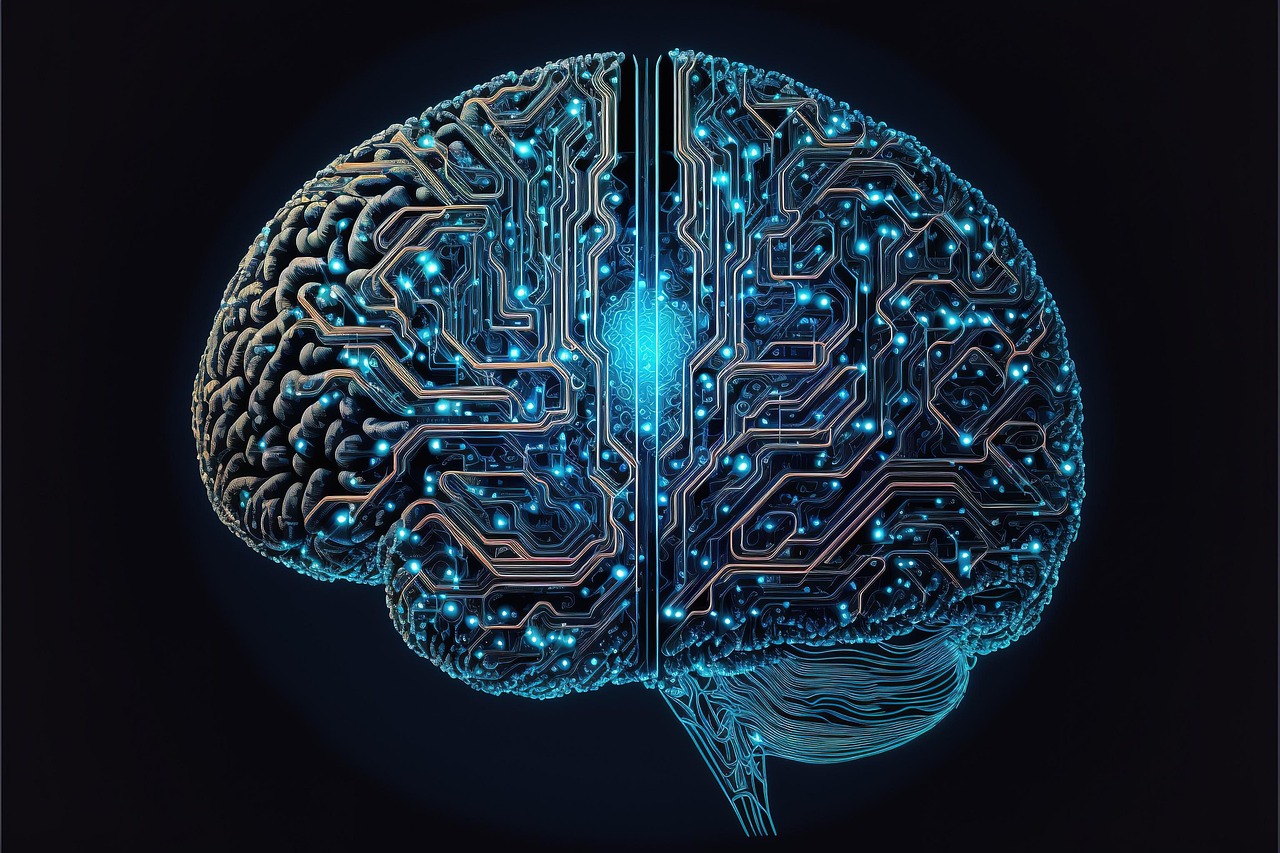
AI: Rewriting The Rules Of Business Engagement
Imagine a world where your business operates with unparalleled efficiency, makes data-driven decisions in the blink of an eye, and anticipates customer needs before they even arise. This isn't science fiction; it's the reality that Artificial Intelligence (AI) is rapidly bringing to businesses across industries. From automating mundane tasks to unlocking groundbreaking insights, AI is transforming the way companies operate and compete. This blog post will delve into the various facets of AI in business, exploring its applications, benefits, and practical considerations for implementation.
Understanding AI's Role in Business Transformation
AI is no longer a futuristic concept; it's a present-day tool reshaping business processes and strategies. Understanding its potential is crucial for sta...









